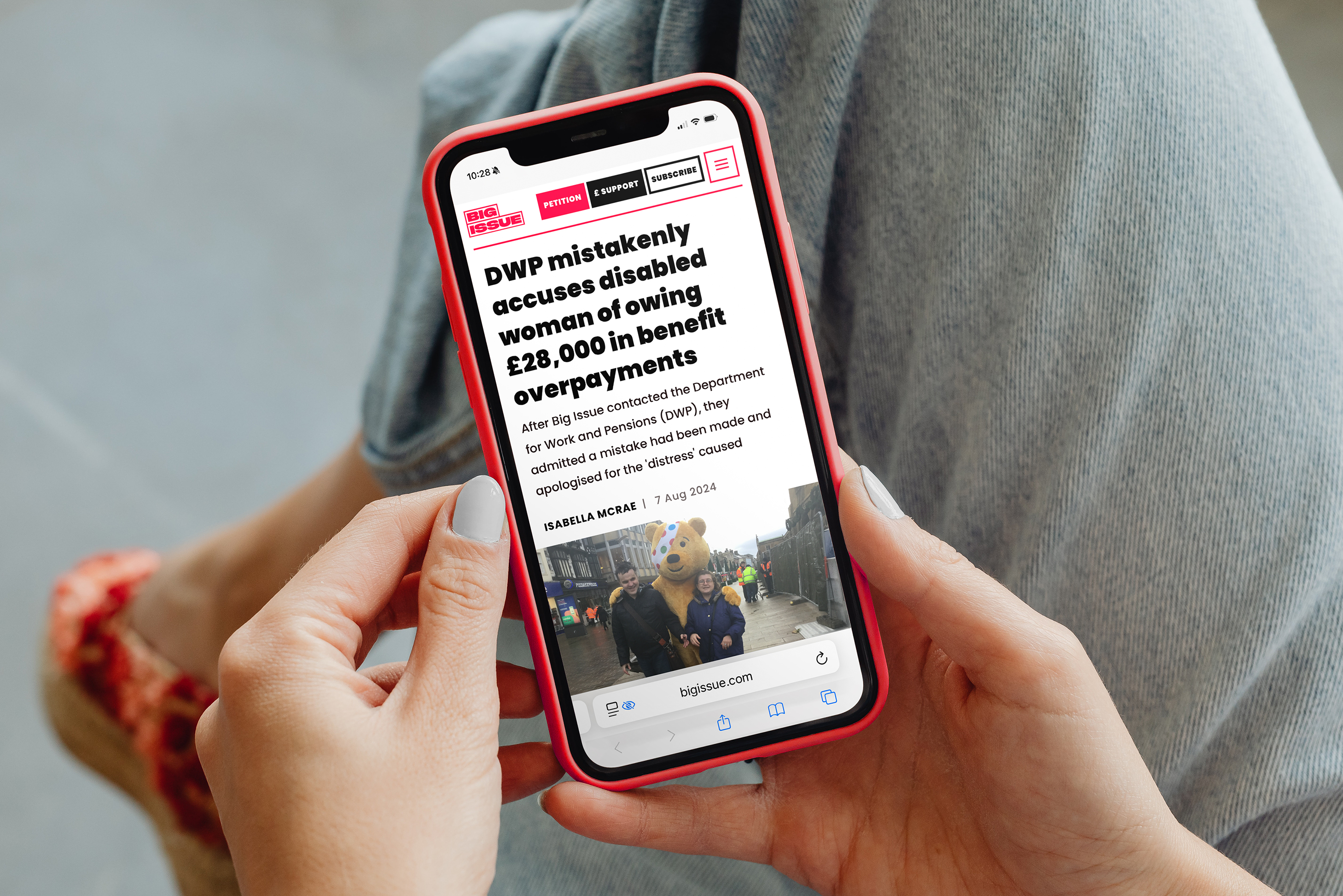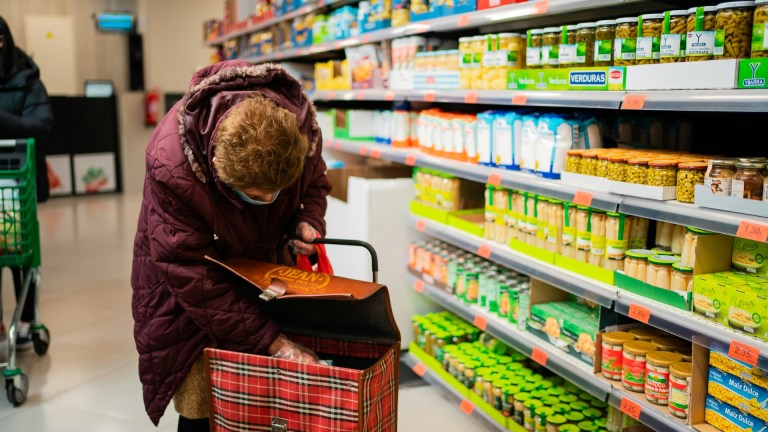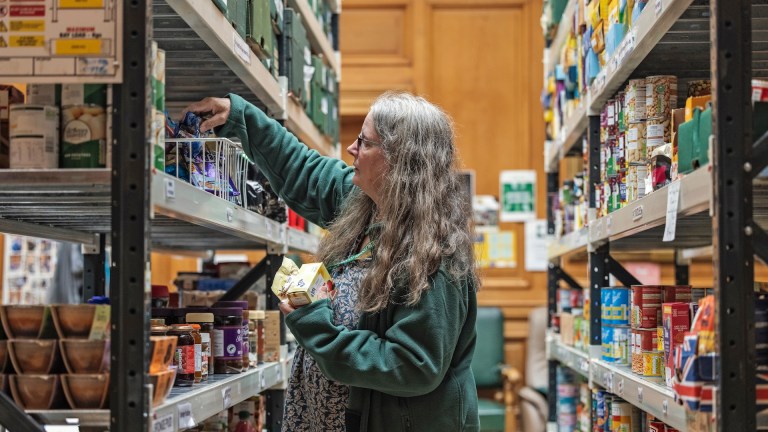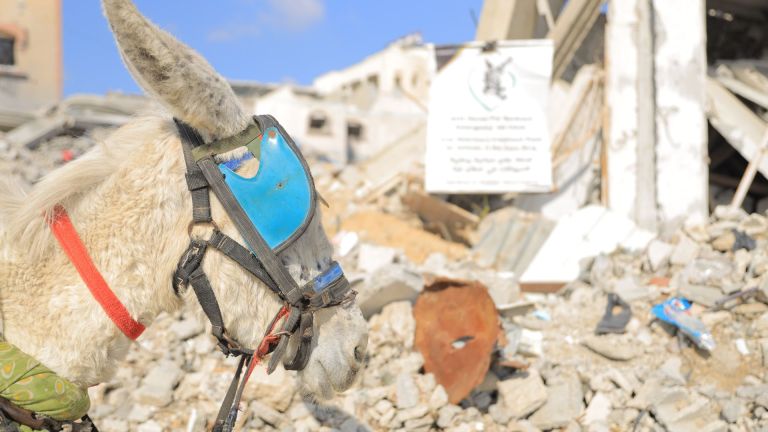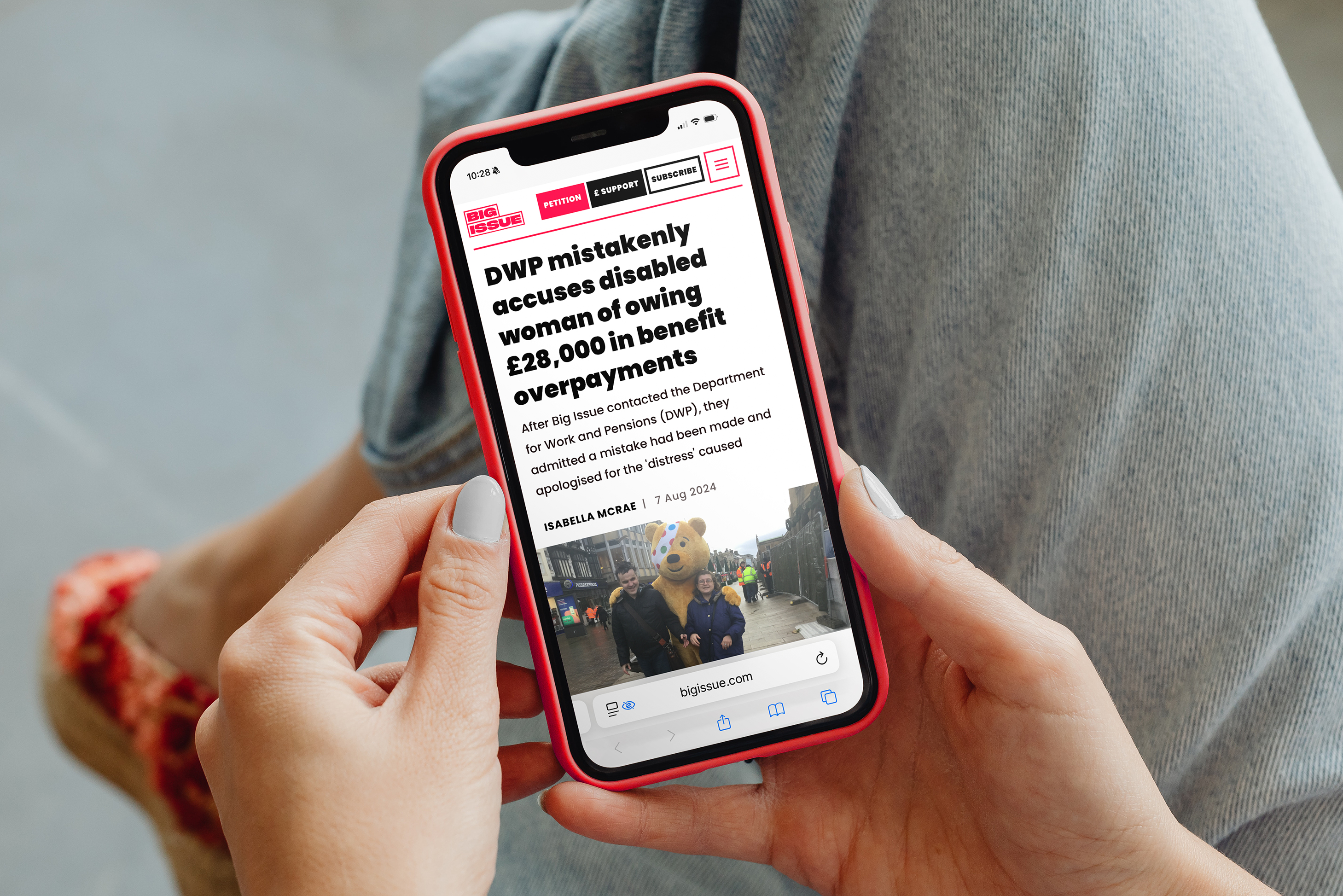The report makes for sobering reading. One in seven (14%) respondents to said they had fallen behind on bills or rent, taken out payday loans to cover essentials, been unable to heat their homes or regularly skipped meals in the past year.
Nearly a third (30%) are in some level of debt. One in five (21%) are dipping into their savings simply to pay for day-to-day expenses, while the same proportion (20%) say they couldn’t afford an unexpected but necessary cost of £200.
It takes a mental toll: a quarter of low-income pensioners say their income makes them more anxious (26%) or has worsened their sleep (25%).
“Living on my own also makes it harder,” says Sheila. “There’s no one to share bills with, no family to lean on. I would say, we pensioners are not asking for luxuries, we just want enough to get by. We worked, we paid in, and now we’re left to struggle.”
Pensioners who rent or live alone are statistically more likely to struggle. Forty-three per cent of renters are in debt, compared with 23% of homeowners. Living alone is also a major risk factor: 40% of solo pensioners are in debt compared to 25% of those with a partner. Some 34% said they couldn’t meet an unexpected £200 expense, compared with just 14% of those living with a partner.
The findings lay bare a stark reality, said Katherine Chapman, director of the Living Wage Foundation: for many, old age means descending into poverty.
Advertising helps fund Big Issue’s mission to end poverty
“These findings show the tough reality for too many pensioners who, after a lifetime of work, are still left without enough to live on,” she said. “No one should be worrying about putting the heating on when it’s cold or boiling the kettle for a cup of tea.”
The result is that retirement looks very different from the “golden years” many imagined. Almost half (48%) of pensioners on a low income have cut back on hobbies and entertainment. Nearly one in four (24%) say they can rarely – if ever – afford the non-essentials that make life enjoyable.
Sheila – who lives by herself – falls in this category. “My only other luxury is broadband because it keeps me in contact with the world,” she says.
She worked all her life as an air hostess and presumed the state pension would be enough to get by on. Most pensioners on a low income are reliant on the state pension as their main source of income – and more than half (54%) have no workplace pension at all.
“When I was working, workplace pensions weren’t something women were encouraged to join, and in many cases, we weren’t even eligible. We didn’t have access to the same pensions that men could access,” she said. “The state pension was always spoken of as something you could depend on. I didn’t have a lot of opportunity to save, so the state pension was supposed to be enough to live on, but it isn’t.”
Pensioner poverty is a hot button political issue. Last year, the government drew criticism for the unpopular decision to cut the winter fuel payment for pensioners not receiving certain benefits.
Advertising helps fund Big Issue’s mission to end poverty
Amid fierce backlash, the government relented: In June, Rachel Reeves announced that all pensioners in England and Wales with an income of or below £35,000 a year will receive the winter fuel payment, extending the eligibility to most pensioners.
Sheila says she’s “glad” of the change. But she’s very nervous about the coming winter.
“Each time the energy price cap is in the news, they say it’s going down in the spring and then up again, even higher, in the autumn and winter. My central heating is old and I can’t afford to replace it. I’ve already cut back on everything, so there’s nothing left I can get rid of. This time of year is nerve-wracking.”
Do you have a story to tell or opinions to share about this? Get in touch and tell us more.
Reader-funded since 1991 – Big Issue brings you trustworthy journalism that drives real change.
Every day, our journalists dig deeper, speaking up for those society overlooks.
Advertising helps fund Big Issue’s mission to end poverty
Could you help us keep doing this vital work? Support our journalism from £5 a month.

